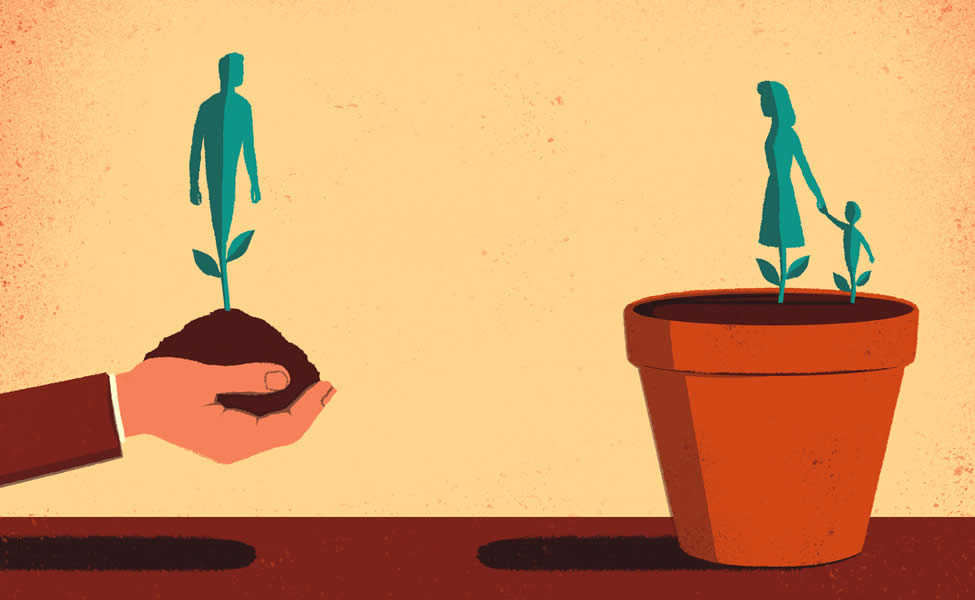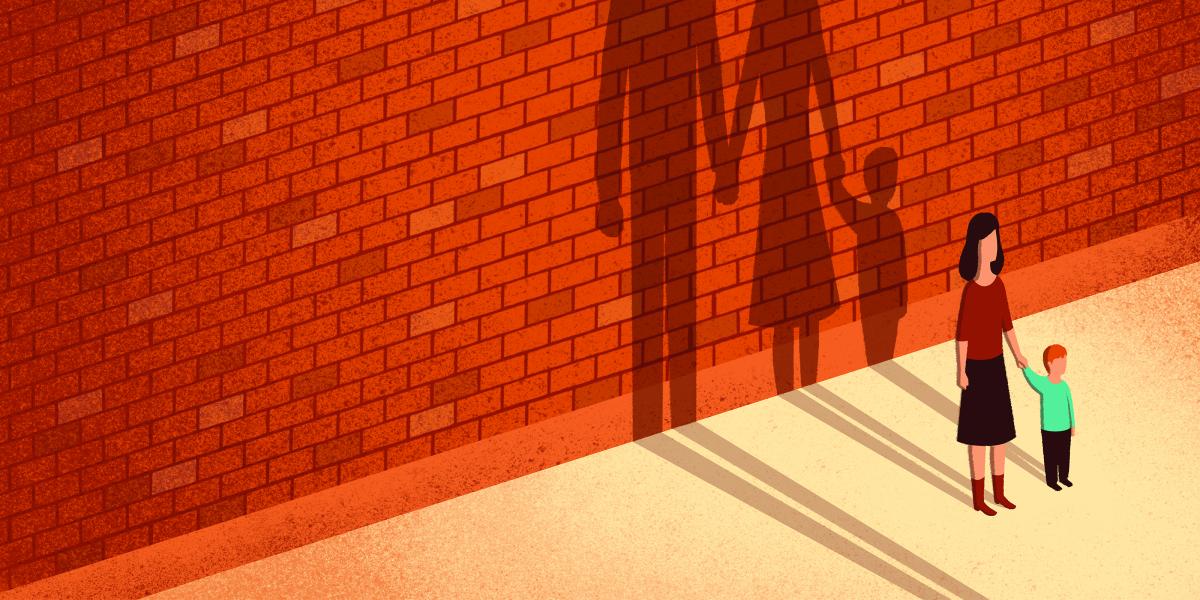Rethinking: Give Dads a Chance
Society has so-called Deadbeat Dads all wrong—with disastrous results
As a sociologist, I’ve spent many years researching the lives of poor people living in urban America. My family and I have lived among them in one of the most economically distressed areas of Camden, New Jersey.
I’ve discovered that much of what we think we know about poverty in the U.S. is just plain wrong—and the fallout for public health is disastrous. For example, in the mid-1990s a colleague and I showed that it was virtually impossible to live on welfare alone, and that many families had to supplement their monthly check by working under the table or relying on boyfriends and relatives. And because the child support system often confiscated all but a $50 “pass-through” to women on welfare, couples sometimes colluded to have the man pay support under the table. As a result, we had underestimated how much support women were actually receiving from their children’s fathers.
Now consider the case of the long-maligned “absentee father.” In the inner city, these are the low-income, single men who have developed a bad rap for abandoning their pregnant girlfriends. In living alongside these supposed “deadbeat dads,” Johns Hopkins sociologist Timothy Nelson (my husband) and I have discovered an entirely different reality.
We found that the prospect of a new baby brings joy to the lives of these men, and gives them a new sense of promise in—and hope for—the future. Many try to straighten out their employment situation and settle down with their girlfriends. While many are not “together” when the pregnancy happens, the couple does try to make it work for the sake of the baby, and many move in together at this point. In fact, studies show that 85 percent of single mothers arrive at their first hospital visits saying they’re in partnership with the baby’s father; and about 75 percent believe there’s a good chance they’ll get married.
So what happens? Rather than nurturing these tenuous relationships, we crush them. The message young mothers get from their families, from visiting nurses, from social workers—even at health clinics—is that these guys are bad news and they’d be better off on their own.
The flaw in that logic: There really are no “single mothers” in disadvantaged urban communities. National data on urban births shows that only 4 percent of these women are stably single for the first five years of their child’s life. Instead, they cycle in and out of relationships with a variety of men, creating an unstable, complex family dynamic that gives rise to a host of ills—and is particularly unhealthy for young children.
We need to shift our angle of vision to see the family as it really is in poor urban communities. Let’s fix what’s there in the initial mother/father relationship, rather than give women the message they’d be better off on their own.
Public health may have the best chance of getting this right. Today, most of these non-custodial, inner city dads live in great peril. They are in and out of work, unconnected to churches, and their communities have collapsed around them. The only institution serving them is the prison system.

The one place every family has to go is the health clinic, since virtually every poor family in the nation has at least one member receiving a public subsidy for health care. So let’s capitalize on men’s initial excitement about fatherhood and encourage them to come with moms to all prenatal visits. After that, we can wrap them into a host of supportive services—from job training, to substance abuse counseling, to couples and parenting classes. When both parents get the support and services they need, we can go a long way toward improving the lives of their children.
Once the baby arrives, pediatricians and home health nurses need to rethink their approach. Is dad expected at all visits and is he being given the same information as mom? Are the health and parenting skills imparted to moms also imparted to dads? Are social workers providing moms with the resources they need to stick it out with their partners—through good times and bad? Are state courts adjudicating custody and visitation rights for dad, in addition to child support? Are inner city schools routinely looking for dads to participate in parent/teacher conferences and as volunteers?
When you treat people as if they don’t exist, it’s no wonder they lose their stake in the system. These fathers have great value—to their partners, to their children and to society. We’ve been treating them like pariahs for too long, with poor results. It’s time for a change.
